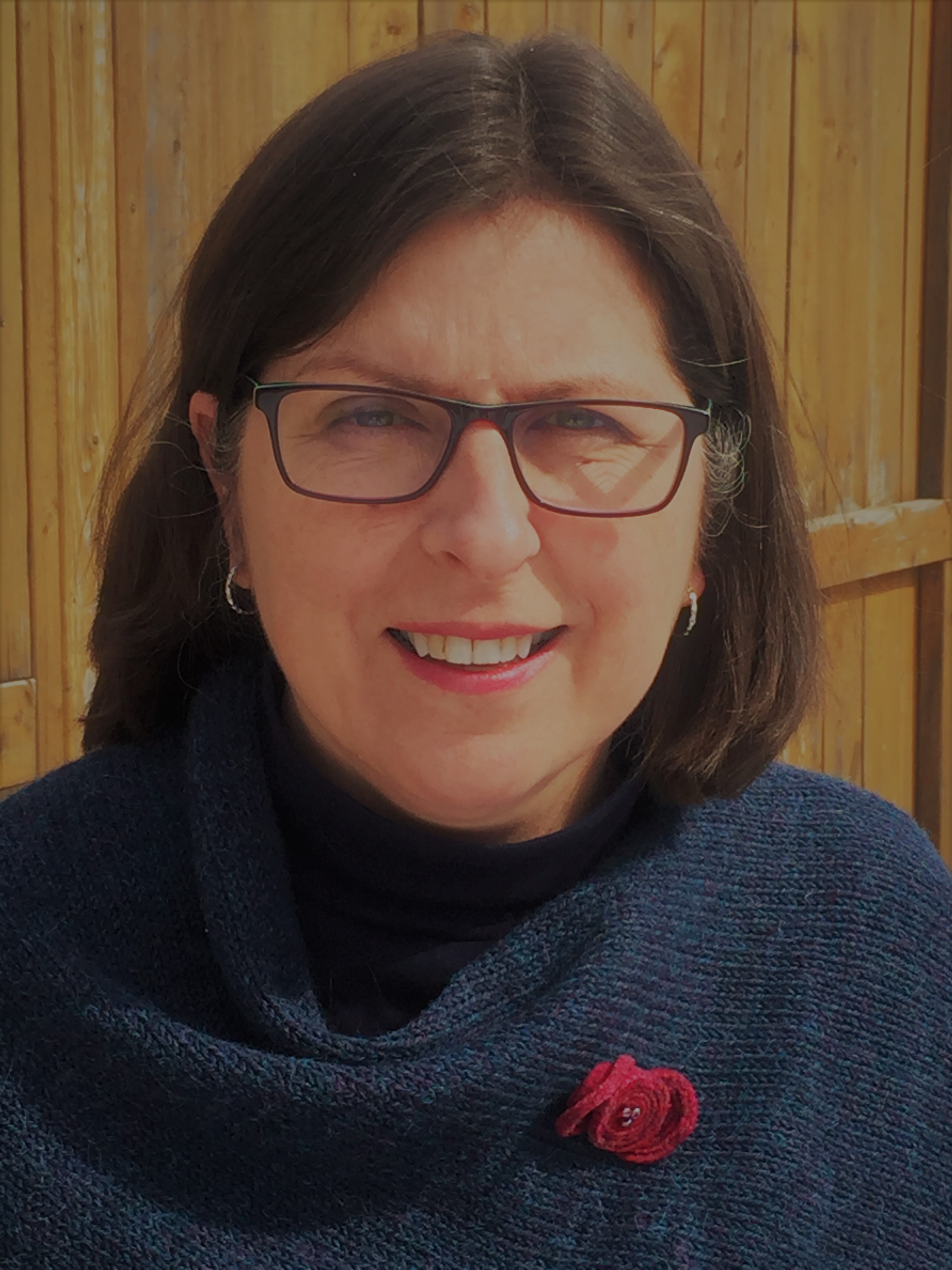Janet Durkee-Lloyd
 1) What is your official current position and title?
1) What is your official current position and title?
B.A. (Honours), Psychology – Acadia University
M.A. Sociology – Acadia University
Certificate in Gerontology – Mount Saint Vincent University
PhD – Psychology – University of Wales
2) What is your educational background?
My educational background is multidisciplinary nature. Most of my studies have focused on gerontology, from both psychological and sociological perspectives. I have studied the self-perception of age among older adults in the community and in institutions and then proceeded to study the retirement experiences, both psychological and sociological, within specific occupational groups. My doctoral studies, took a bit of a detour away from aging, and I focused directly on the relationship between psychological type and burnout experienced by individuals working in particular occupations.
3) Talk a little about your career path. Where did your passion for the research/network that you do originate and how did it develop?
My career path has been quite varied, but has for the most part, always been focused on aging. Not unlike many gerontologists, my interest in the study of aging was inspired by my grandparents. Although I teach and research in two disciplines, my main passion is gerontology. For five years of my career I worked full-time in the administrative branch of a large corporation that provides all levels of seniors housing, with my main responsibility being nursing homes. Those years were invaluable to my understanding of long term care and the many intricacies, policies, procedures, regulations, challenges and victories which are part of that system. The merging of that experience with my academic background allows me to be a more informed teacher and researcher.
4) Tell us about one or two of your current research projects.
One of my current research projects is investigating how older adults in New Brunswick access information, programs and services. There are several variables which merit further examination in terms of how they impact this process; these include, the bilingual nature of the population, literacy rates and access and use of computers. A pilot study is underway which will examine these variables in rural and urban settings.
5) How do you see your research/work in terms of possibly contributing to evidence-based public policy?
One of the key elements to the delivery of programs and services to older adults is that they are accessible in ways that are fitting for them. Creating platforms which make this access easier will benefit both service providers and users. Ultimately better access to information, services and programs will increase the quality of life for older adults living in New Brunswick.
6) Discuss any past achievements that were significant to your professional path? Have any contributed to the promotion of evidence-based public policy?
In the early days of my career I had the privilege of conducting a needs assessment for the senior members of various ethnic groups in the Halifax-Dartmouth region. The findings from this study were used to develop strategies, programs and resources materials which directly informed by the key findings of this study.
7) Describe in a couple of sentences your involvement with NBSPRN and how your relationship with the Network has contributed to your research/work and/or to social/economic policy?
Although New Brunswick is a small province it is often a challenge to make linkages on common research interests. NBSPRN plays a very important role in linking researchers and practitioners so that evidence based research can help inform public policy. NBSPRN has played a vital role in educating me on available resources, such as databases, funding opportunities and linking with other researchers who have similar interests. The staff is very approachable, quick to respond and show a genuine interest in any idea or project – invaluable!
8) Any last thoughts?
When I worked in the Nursing Home Industry my office was located at the end of the hall in an administrative area located at the back of a large nursing home. Many times, the residents of the nursing home would make their way to the end of the building and stop by for a visit. On one occasion, a resident and I were chatting and he said, :”You know, everybody here does a good job of taking care of me, but I just want to go home”. That has stuck with me and motivates me to educate and research to find ways that enable older adults to enjoy quality of life in their homes and communities for as long as possible. I hope my current research project can do just that.




